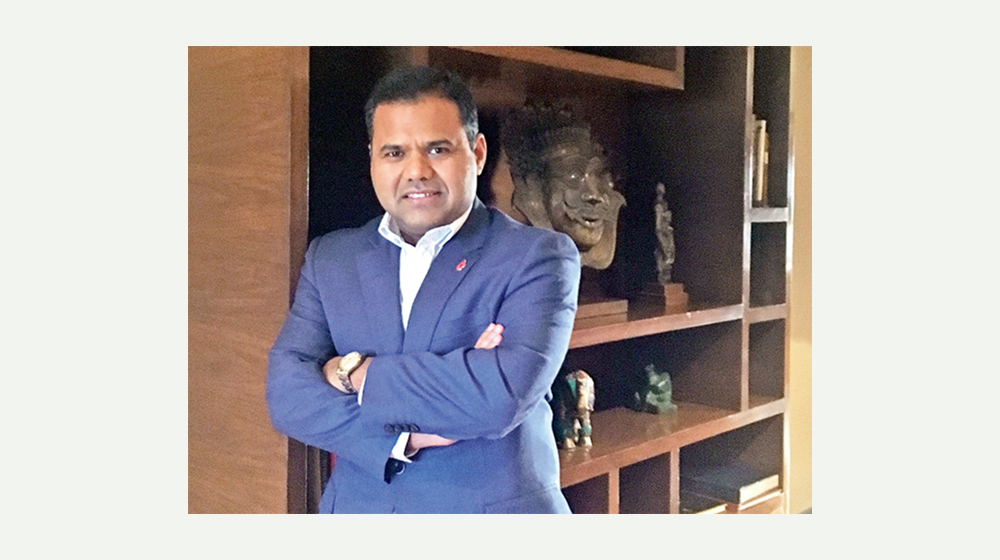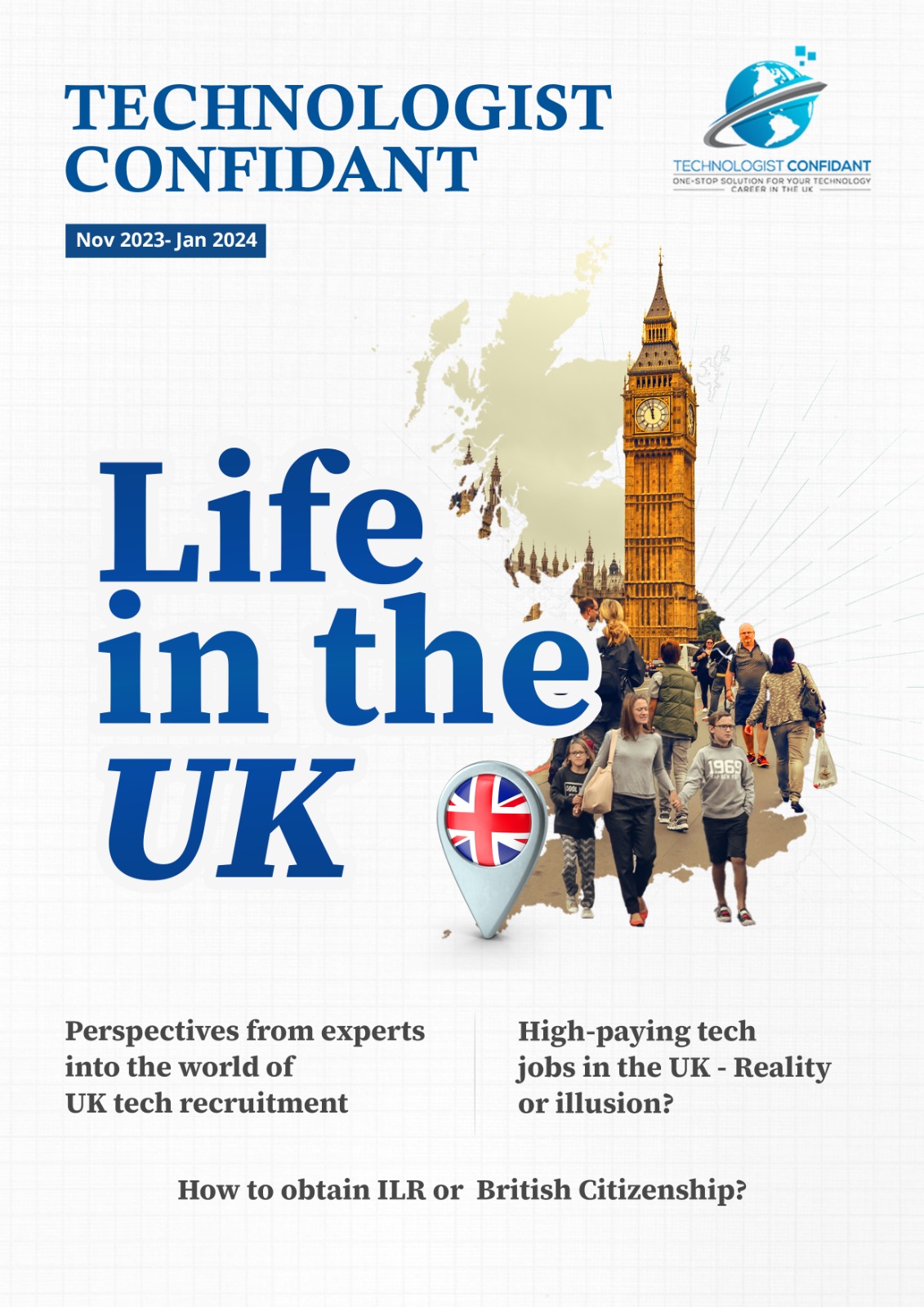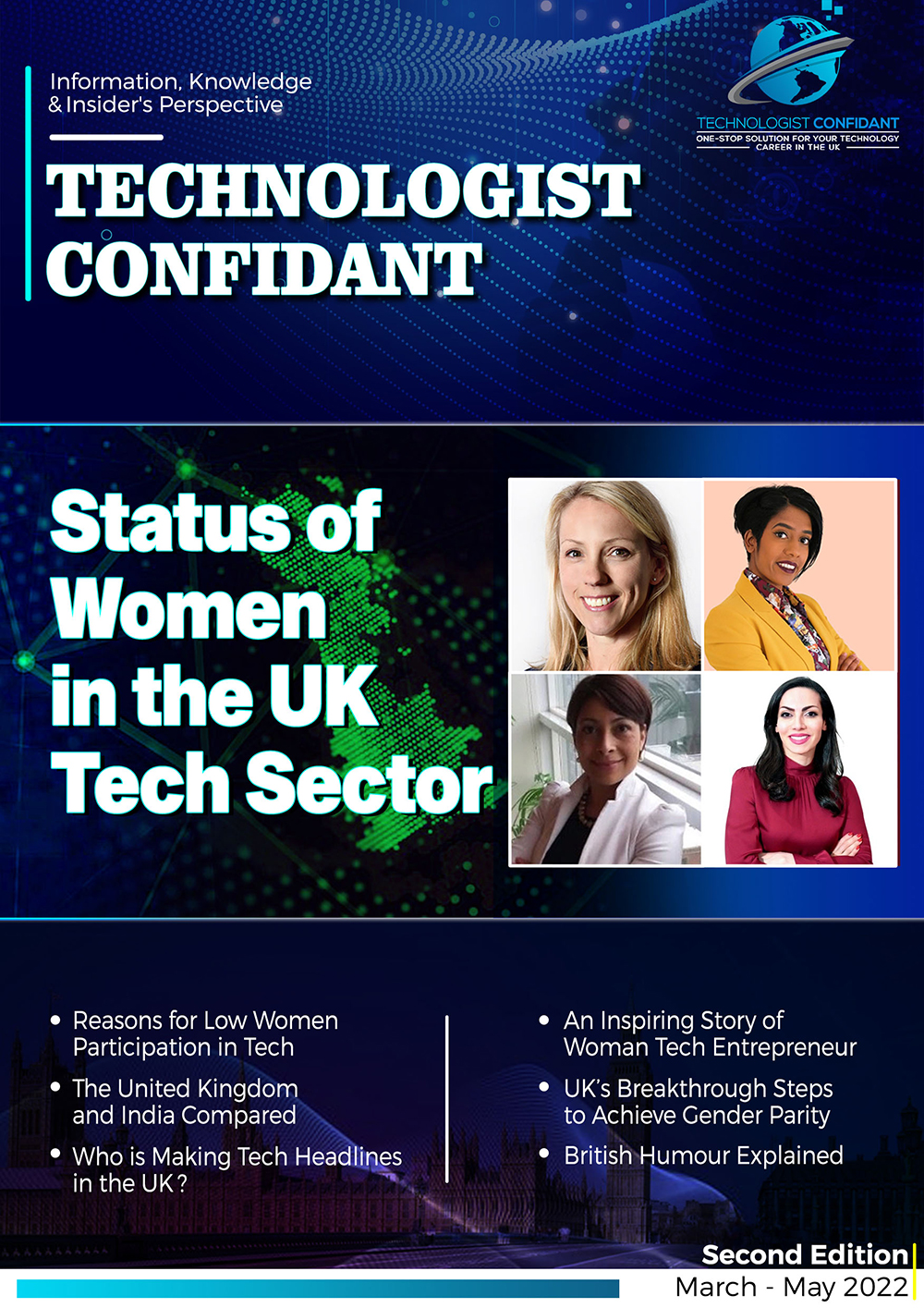Rajesh Agrawal was born and reared in Indore, Madhya Pradesh, India, to a working-class family. He had his first full-time job selling the website design for £50 a month after completing his education in 1999. Rajesh Agrawal received an opportunity to relocate to London in 2001. At the age of 24, he embarked on his first voyage outside of India, arriving in London with £200 in his pocket.
Today, Rajesh Agrawal, the Deputy Mayor of London for Business, intends to be a strong voice for London's business community, defending employment and growth and ensuring that the city remains the world's most open and attractive place to conduct business. He is the Chairman of London & Partners, the city's official investment and tourism promotion agency, and the Deputy Co-Chair of the London Economic Action Partnership (LEAP), which identifies strategic initiatives to promote and drive the capital's economic growth and job creation. Rajesh Agrawal is the chair of the Skills for Londoners Business Partnership, which aims to strengthen and better align skills provision to suit London's needs.
The back story
Rajesh Agrawal got a job offer in London for a Foreign Exchange Company after finishing his studies, but he couldn't afford the airfare, so he sold some of his belongings, including his bike, and landed in the UK without knowing no one. However, he was deeply disappointed when he learned how much of his salary was taken by the bank in 'exchange fees' - something we would normally tolerate, but because he worked in Foreign Exchange, he witnessed firsthand how much the bank was defrauding the client. (Fees could be deducted up to 20% from payments).
Years passed, and he and a friend, Paresh Davdra, concluded that they could do it better and cheaper themselves, allowing people to spend more of their hard-earned money back to their families. They went to banks for a £10k startup loan, but they were laughed at and rejected. So he returned to the bank and told them - "I've been thinking about it, and you are right, it's a stupid idea. I've decided to give it up and instead buy a car. But I need £20k", the bank agreed and handed over the funds!
As Rajesh Agrawal puts it, "It pained me to see how expensive it was to send money abroad". He soon determined that by using an online international money transfer network, he could save money for both enterprises and people. RationalFX was founded by Agrawal and his business partner Paresh Davdra in 2005. An entrepreneur, Mr Rajesh Agrawal, has made a significant impact on the lives of thousands, if not millions, of others with his 'Pay what you want' currency transfer service Xendpay, which, along with Agrawal's other company, Rational FX, has transacted over ten billion dollars since its inception in 2012.
A novel proposal to provide users (many of whom are migrants) the ability to choose their commission rates on international money transfers, recouping some of the $600 billion in annual transfers lost to inflated fees and taxes. Yes, this is paradigm-shifting at its finest. It is a company with a strong social conscience at its centre, a network of influence extending far beyond Agrawal's unique set of vertices.
The force behind the force
Taking inspiration from his father, Agrawal says, “He is very calm, he has a great amount of patience, and I try to learn”. You can tell a man like that would never falter in the face of adversity. “It was quite challenging,” he says of his move to the UK, but all those problems “I saw as life experiences”. Rajesh Agrawal's mother, however, is his primary source of motivation, as he continues, "I saw in her a huge amount of integrity and hard work, I try to be like her”.
What makes Xendpay different from others?
That's not to suggest that launching Xendpay didn't come with its own set of difficulties. “A lot of the problems are the same as for any other entrepreneur, finding the proper people, for example, but the most important thing in our business is that we are dealing with people's money”. Gaining trust was critical, and Agrawal went about it in a methodical way, using a powerful affiliate network. “When people introduce customers through recommendations via a mutual contact, the credibility is extremely high”, he says.
Xendpay's business concept, as stated by Rajesh Agrawal, is unlike any other. According to Agrawal, because Xendpay is not backed by Silicon Valley or large corporations, it is not under the same pressure to earn a profit or employ the same marketing strategies; instead, it is more concerned with a social reason.
For Agrawal, it's all about substantially increasing the amount of money flowing into the developing world (via lost charges and inflated rates); money that could completely transform countries like Nepal, where remittances account for 20 per cent of GDP, and Somalia, where about 40 per cent of the population is directly reliant on remittances for basic needs like food.
Introduction of “Pay What You Want” service
Xendpay, the world's first free money transfer provider, stated in 2016 that the volume of transactions had surged ten-fold in just ten months after the launch of its innovative "Pay What You Want" service. According to a Xendpay article, the company currently transfers more than $1 million (£650,000) per day, marking a significant milestone for the company. As a result, Xendpay says that it has saved consumers over $2.7 million (£1.75 million) in bank fees, hidden prices, and unnecessary charges.
According to a report published by the World Bank, the global average cost of sending money overseas is about 9% of the overall transfer value, a figure that is sometimes substantially higher when money is sent to developing nations. The average cost of sending money via Xendpay is just 0.4 per cent, the cheapest rate in the UK's money transfer market, thanks to transparent foreign currency rates and a "pay what you want" fee strategy.
Mouth marketing strategy
Word-of-mouth marketing is frequently regarded as the most trustworthy form of advertising, owing to the fact that it is driven by customers and cannot be bought. Xendpay has benefited from developing a marketing strategy that recognises the power of word-of-mouth and utilises it to maximise its visibility. The service's Net Promoter Score of over 75, as well as its extremely successful referral programme, back up the acquisition figures, demonstrating that Xendpay is a trustworthy and reliable platform.
Xendpay, dedicated to lowering the cost of international money transfers, has been recognised as a social cause in the financial services sector and was recently selected as a Clinton Global Initiative (CGI) Commitment to Action. Xendpay is part of the Rational Group of Companies, which has made over $5 billion (£3.25 billion) in transfers since its launch in 2005 and is now available in 180 countries and 48 currencies.
Rajesh Agrawal's path from website designer to Deputy Mayor of London for Business has been incredible. He is a role model for many migrants living and working in the UK, inspiring them to be ambitious and hardworking while maintaining integrity. The United Kingdom is a place of opportunity, and those with integrity and hard work, such as Rajesh Agarwal, can achieve the impossible. He is a brilliant example of what can be accomplished if one is determined.






